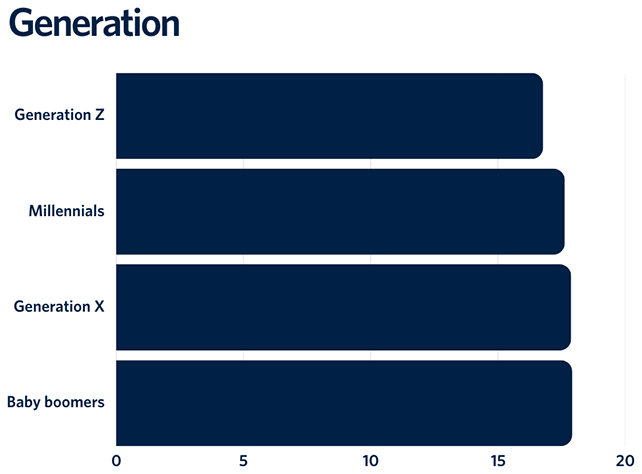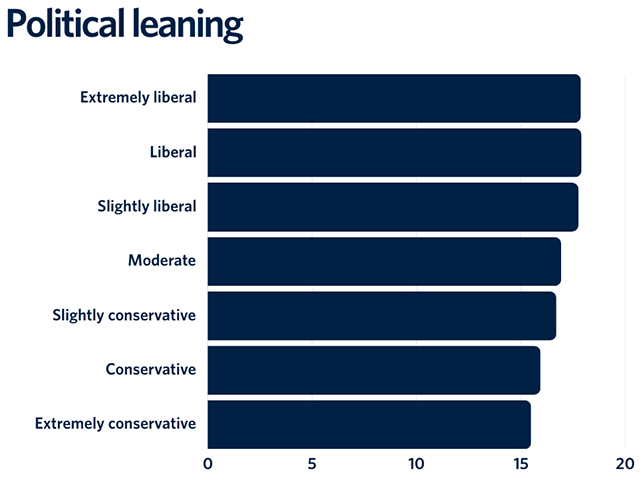Those in Generation Z, born between 1997 and 2012, are the first to grow up with smartphones everywhere – and they're also among those most likely to believe misinformation, according to a new study.
Led by researchers from the University of British Columbia (UBC) in Canada and the University of Cambridge in the UK, the main aim of the study was to assess how misinformation is gaining traction across different populations in different countries.
The idea wasn't to call out particular groups for being more gullible than others, but to get a better understanding of the danger that misinformation poses: to public health, to the future of the planet, and to modern democracies.

"My sense is that not all democracies right now are really trying to address this problem," says UBC psychologist Friedrich Götz. "Worse yet, in the polarized world we live in, some actors, including politicians, may deliberately weaponize it."
"But if a government acts in good faith and wants to solve this problem in society, then I think they could use this study to raise awareness and move to more intervention-based research."
The researchers used an online test designed by psychologists to poll 66,242 people across 24 countries. Called the Misinformation Susceptibility Test (MIST), the quiz takes a couple of minutes to complete and asks participants to rank news headlines as real or fake.
Some questions about age, education and country are also asked, and participants are invited to assess their own ability to spot fake news – another measure this latest study made use of.
While the differences between groups weren't huge, those most likely to label real news as fake or vice versa were those in Generation Z, those who identified as non-male, those who were less educated, and those who were more conservative in their political views.
There was a twist: Gen Z had a better-than-average awareness of their own strengths and shortcomings in terms of spotting misinformation than other groups. Conservatives were also fairly good at judging their own abilities, while more educated groups overestimated their skill in distinguishing real news from fake news.

"There's still this widespread misconception that digital natives are better at navigating these environments," says Götz.
"That has been debunked in the academic world for quite a few years, but I don't think it has translated into public consciousness."
The researchers want to see more done by governments and educators to raise awareness of misinformation and the serious damage it can do. It's also a reminder to be alert when weighing up news headlines – even if you think you're pretty good at not being fooled.
"No matter who you are, no matter what you think you know, none of us is immune to misinformation," says Götz.
"People should realize that all of us are exposed to misinformation on a regular basis, and all of us are likely to fall for it at some point."
The research has been published in Personality and Individual Differences.
